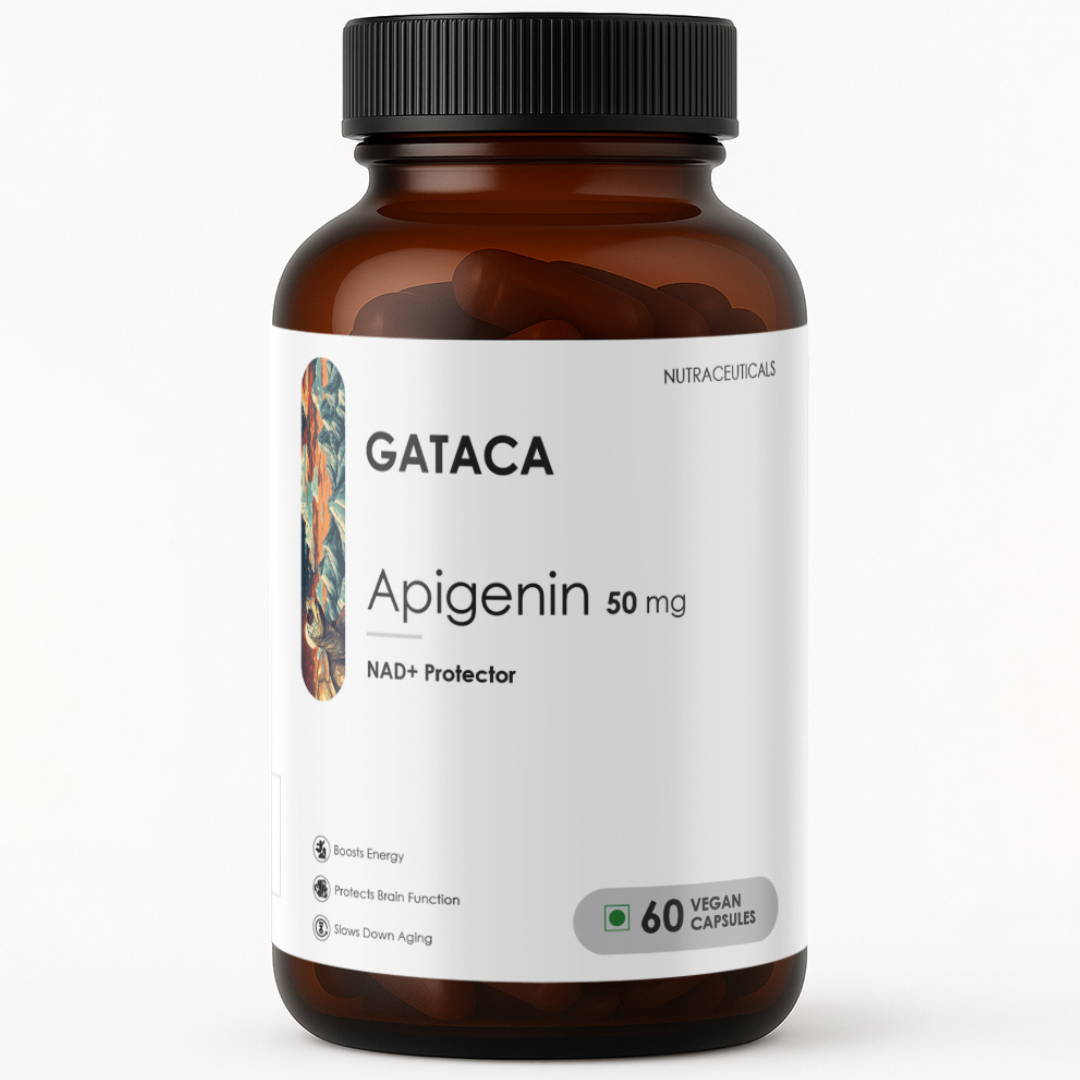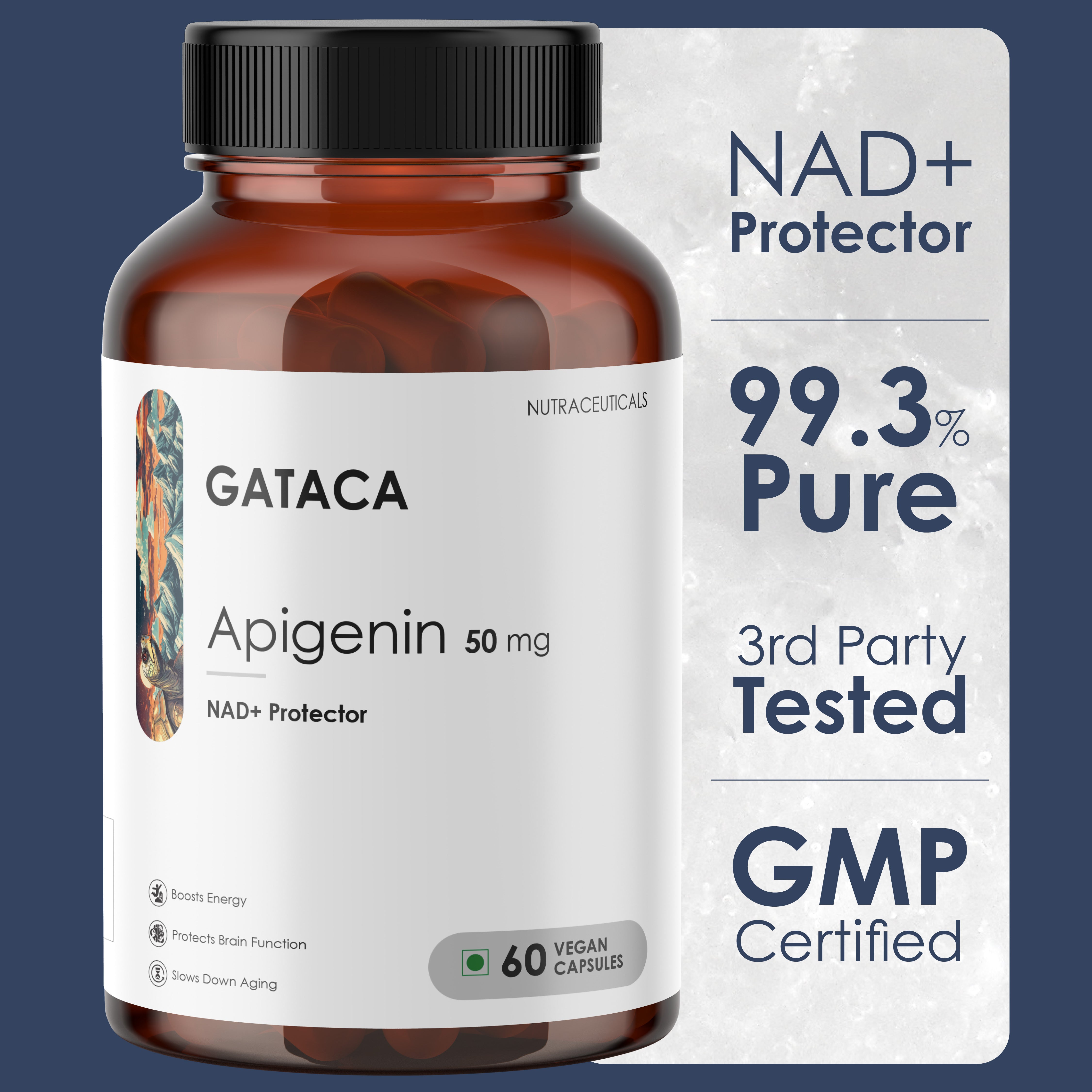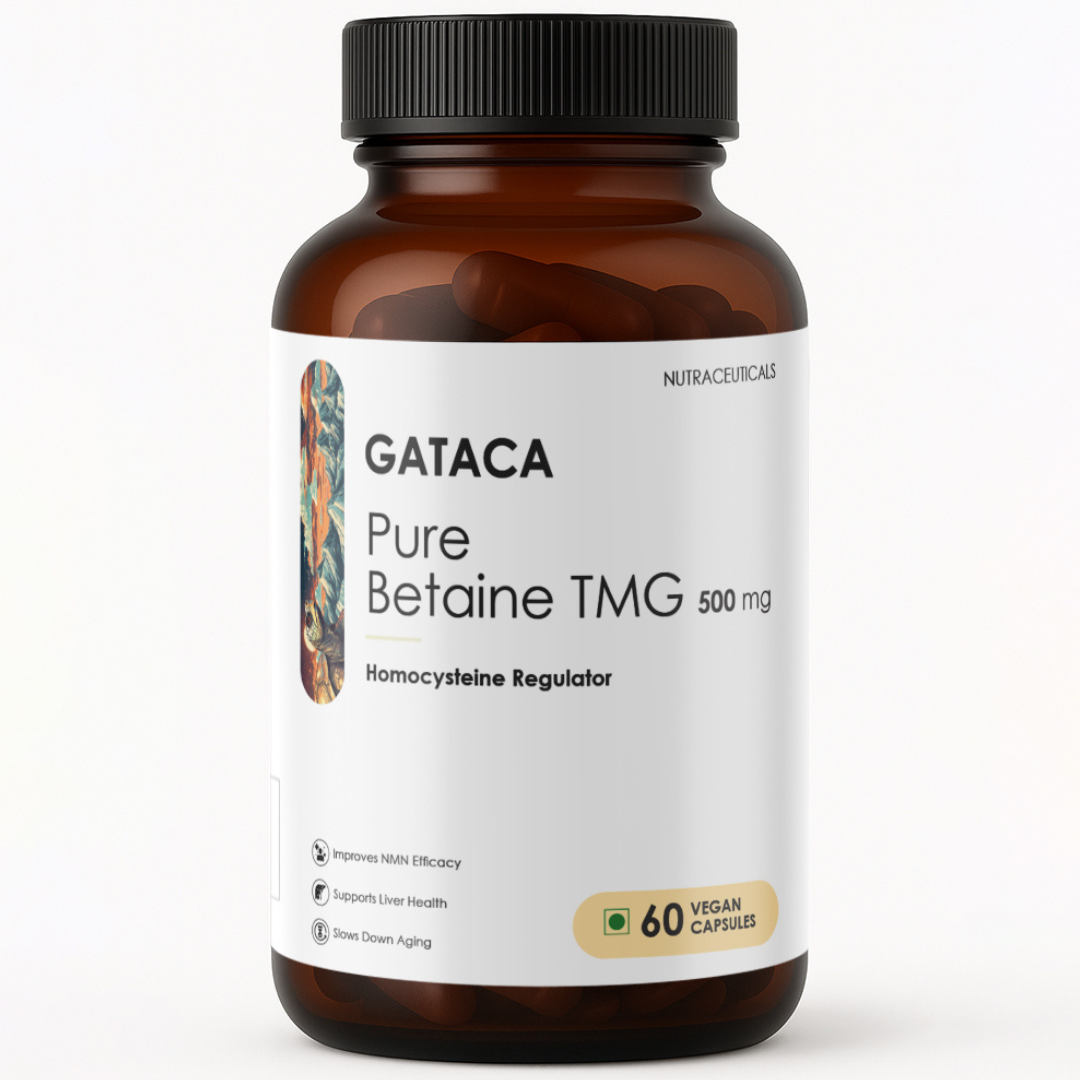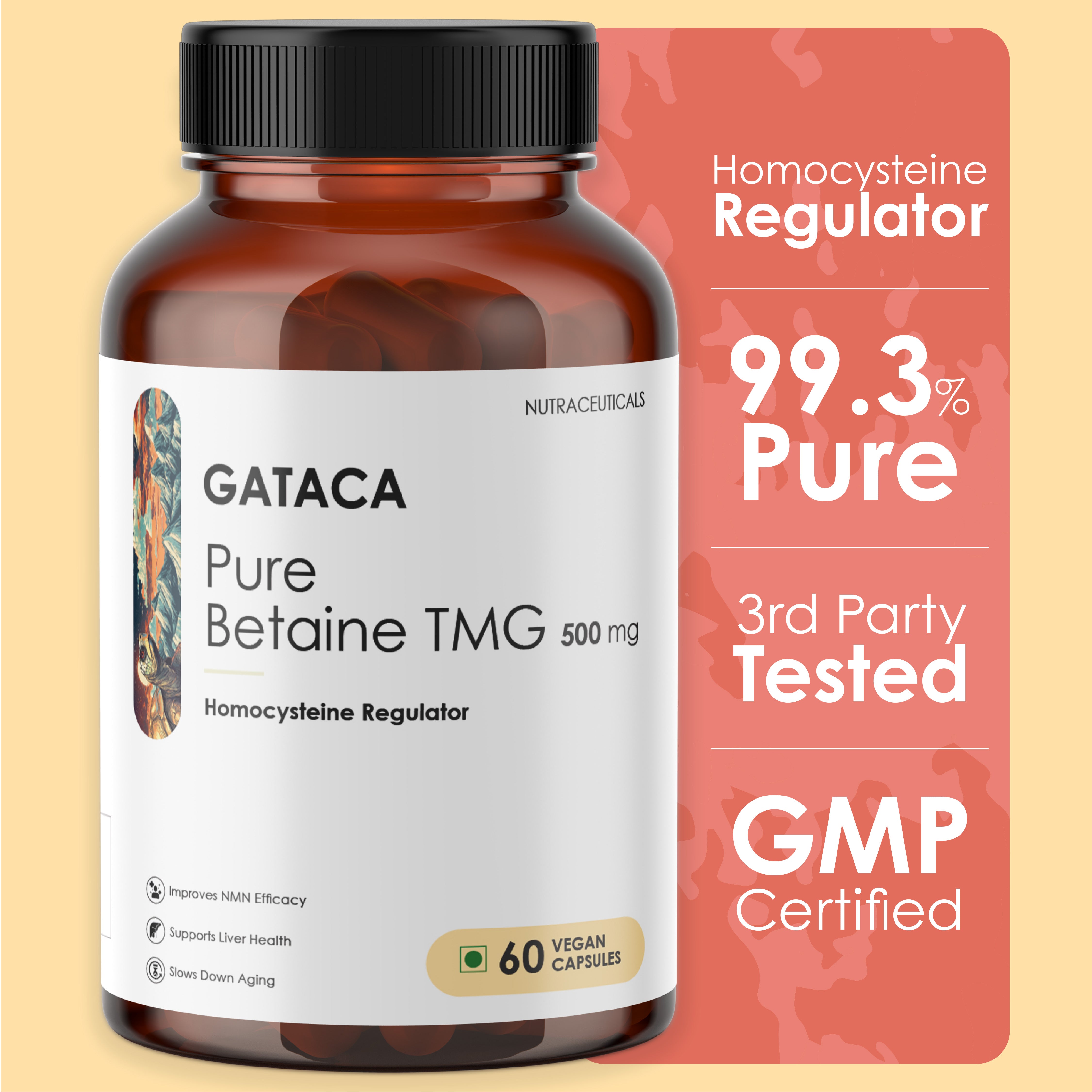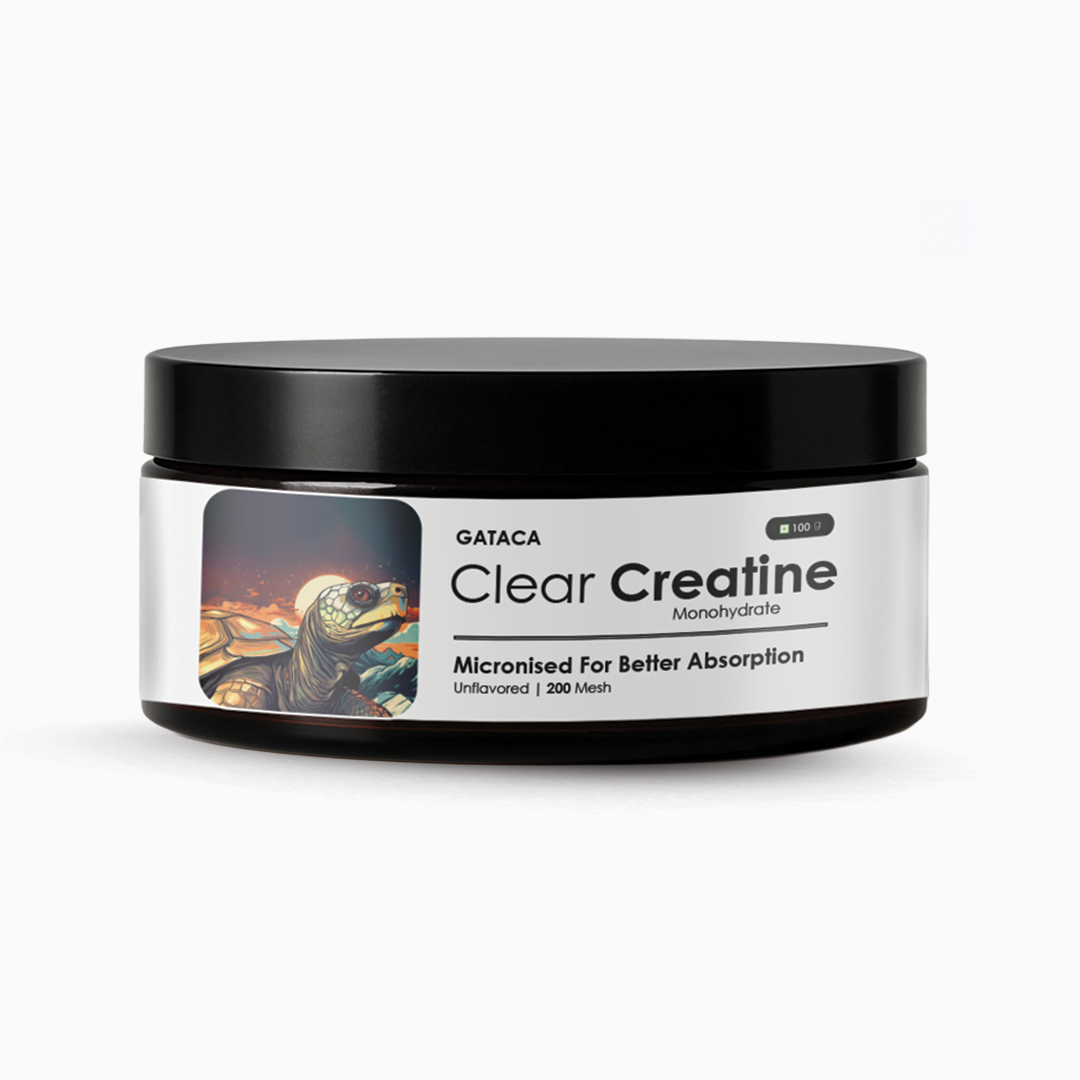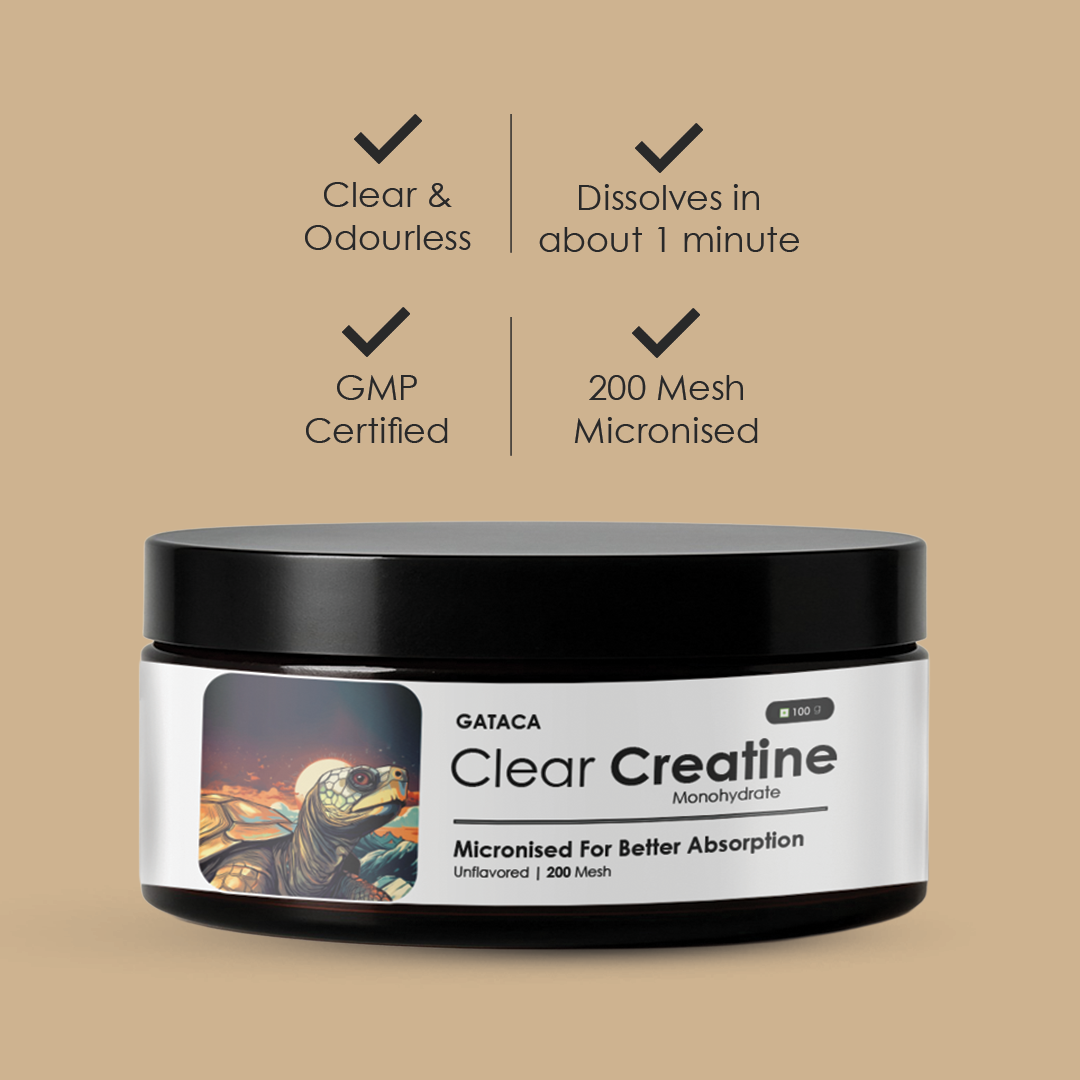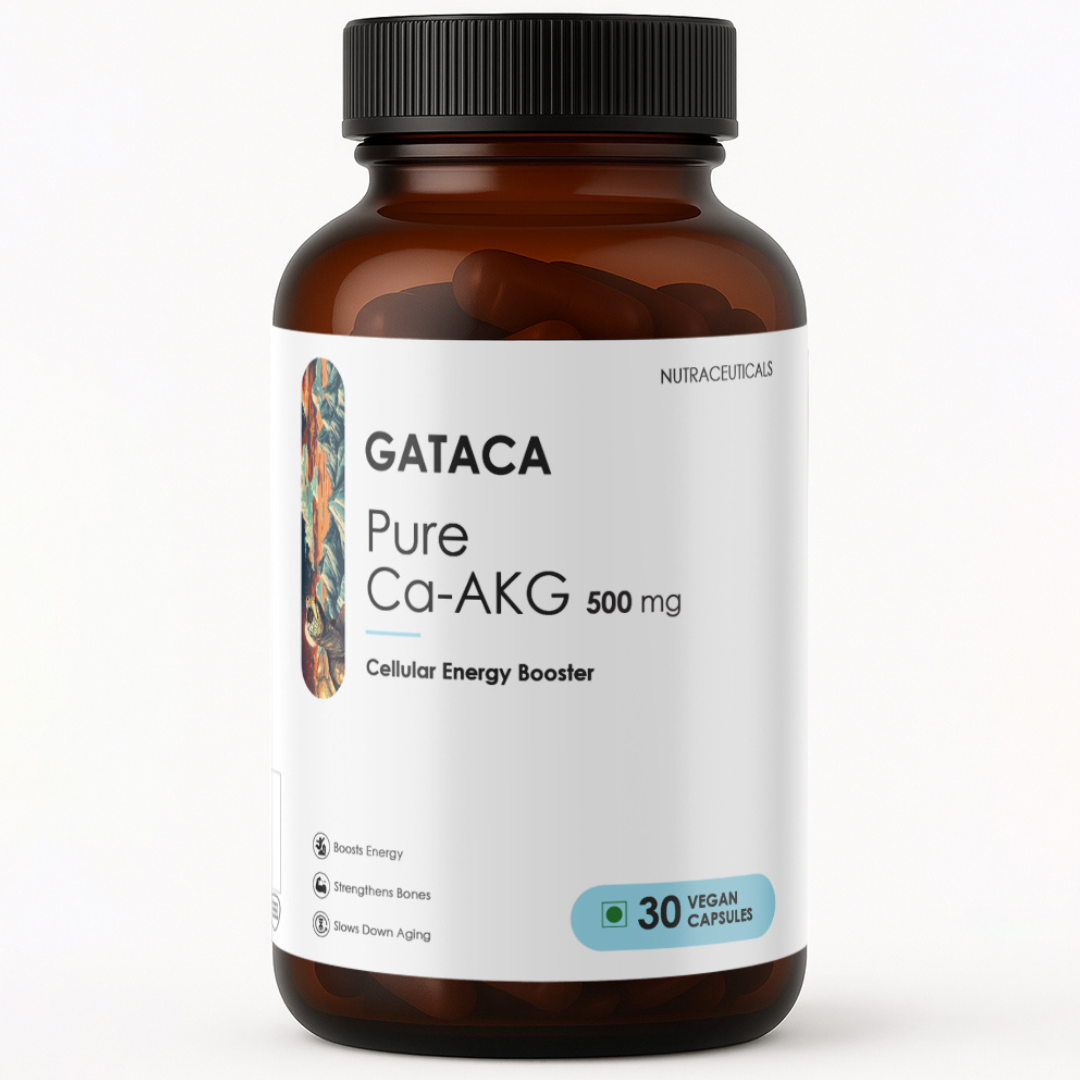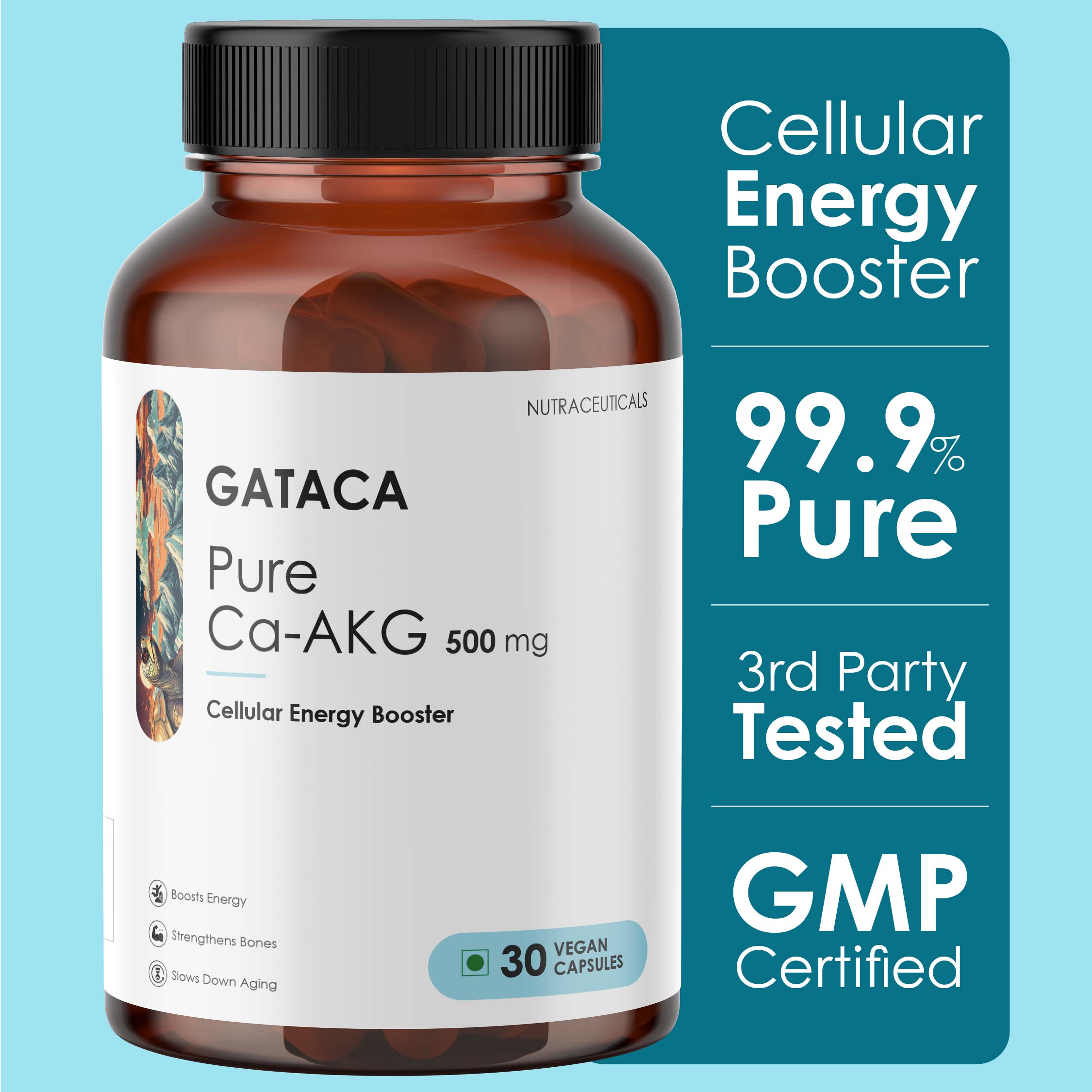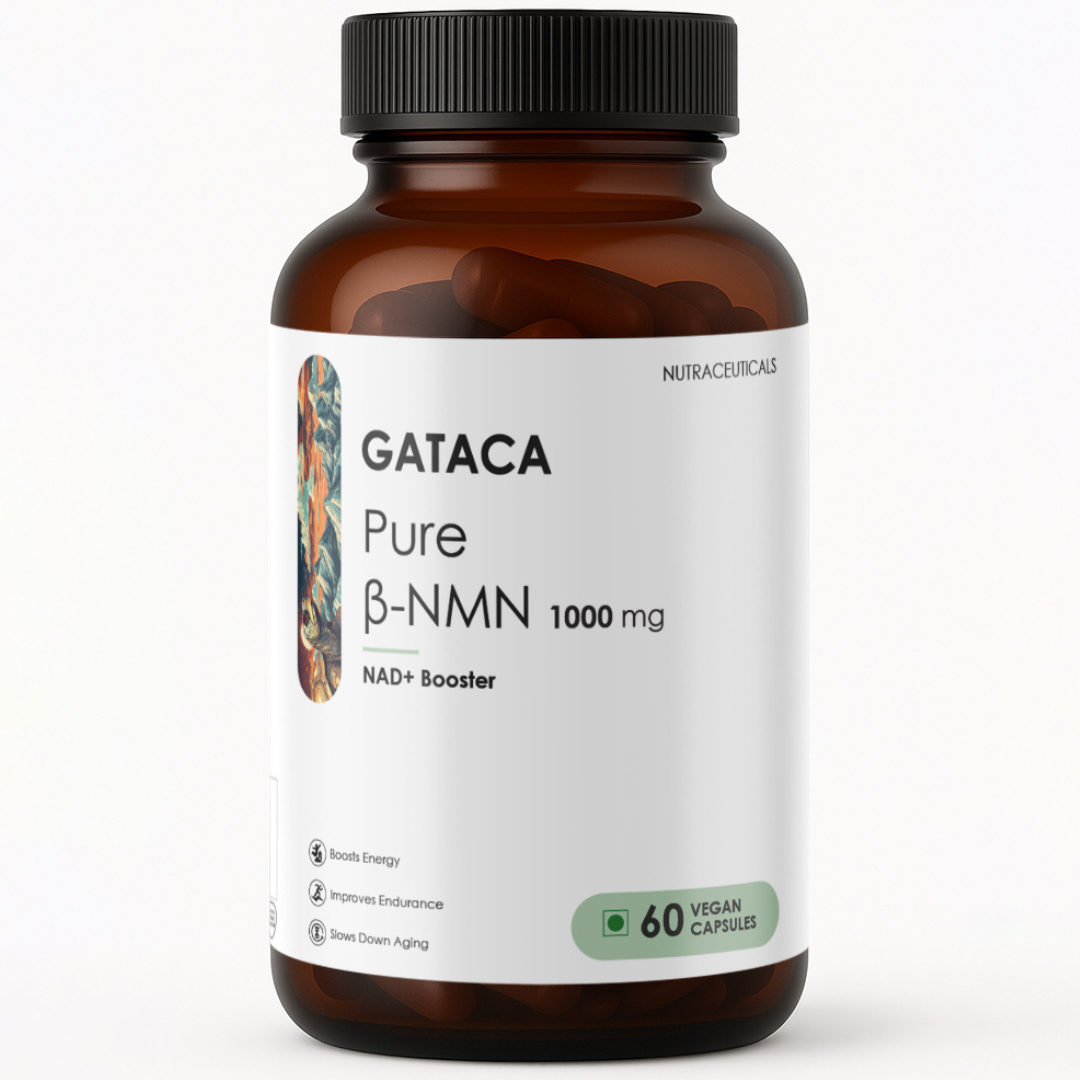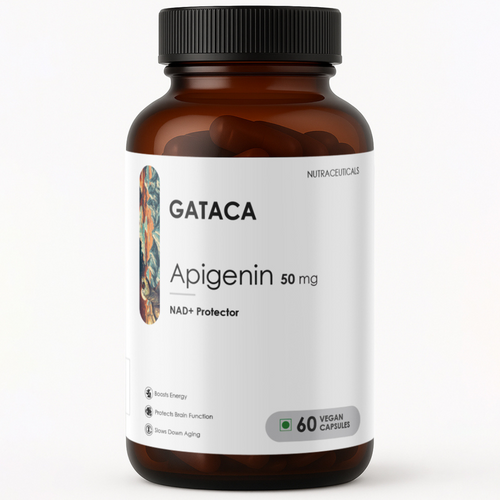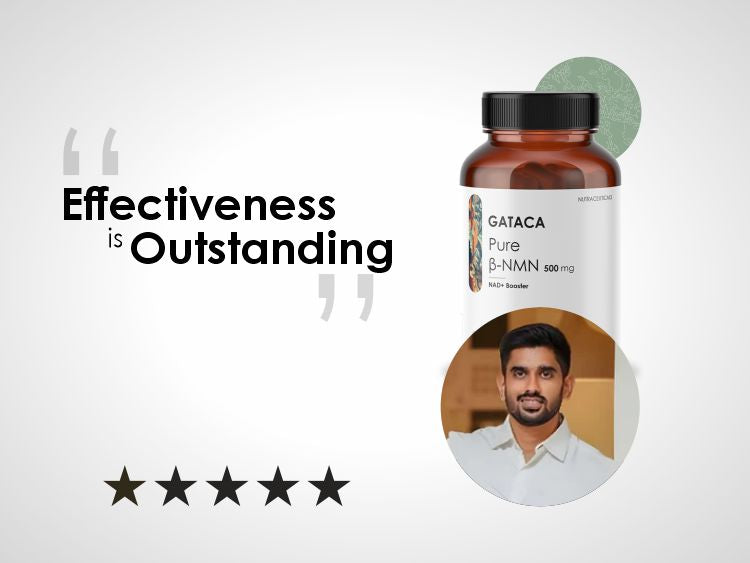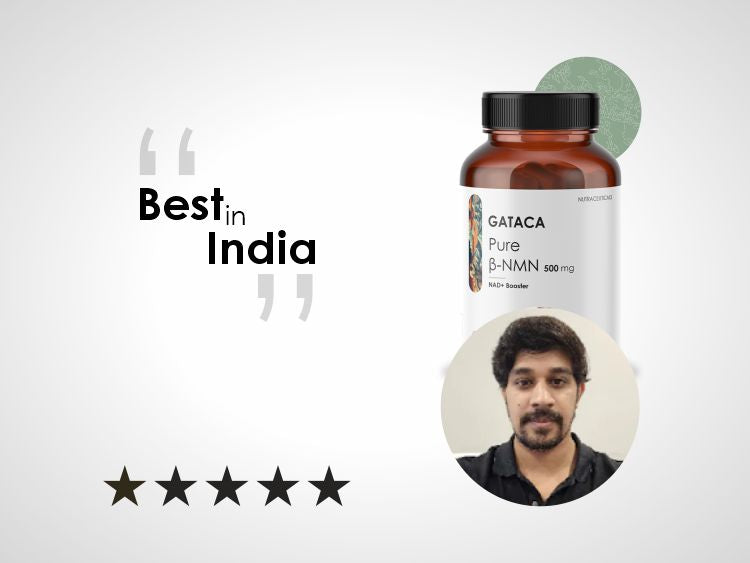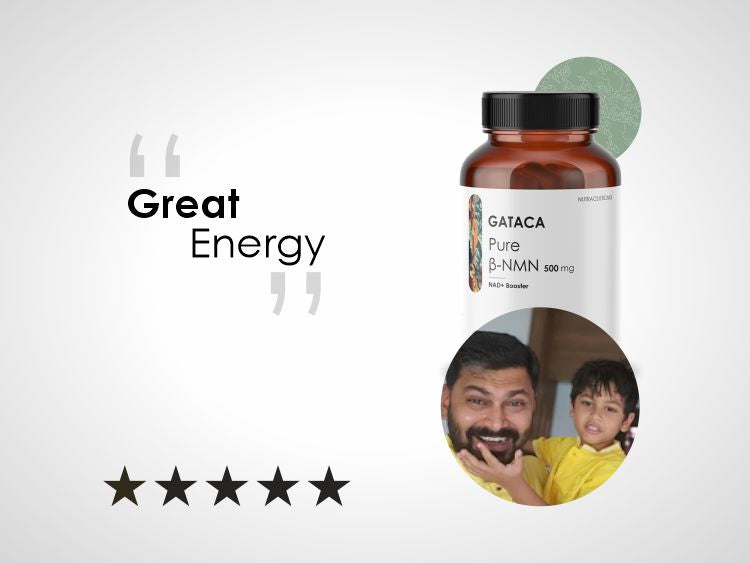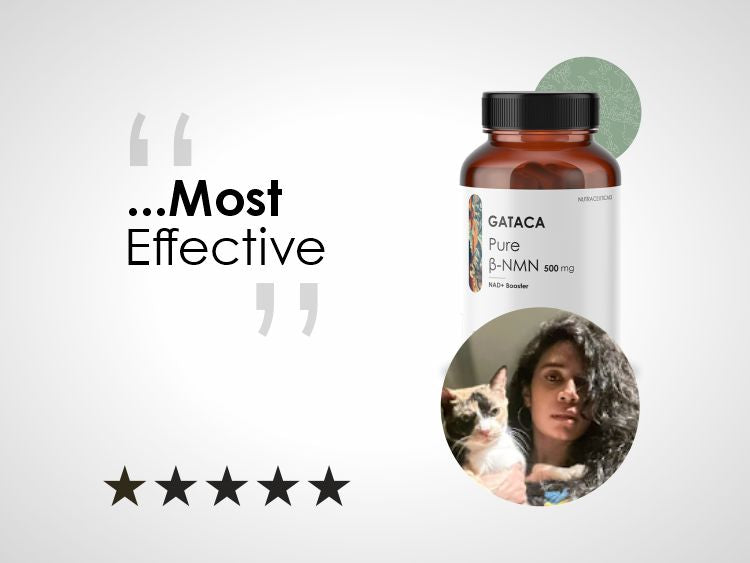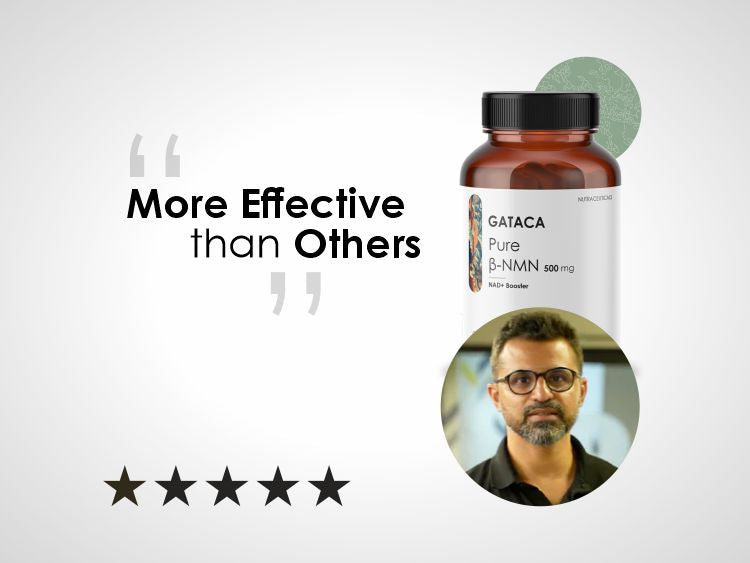Samantha's Supplement Stack
Start Stack
Recommended for the 1st month
Shop By Goal
Supplements to enhance and improve your body and mind to help you pursue your goals






Live Longer Through Peak Performance
Peak Performance matters
Peak Performance matters
Remember that day! You woke up feeling all the energy in the world. You did not
procrastinate. You dominated the tasks you set out to do and finally went to bed feeling you made the world a better place.
We’re being a bit dramatic, but you know what we are talking about.
You performed at your peak! Now imagine a whole week like that, a year or a lifetime
like that day!
Peak performance matters and the only way to achieve this is by driving your body
with the right mix of fuels.
Longevity Matters
Longevity Matters
Most Indians find themselves navigating through hospital corridors in the last decade of their lives, depleting hard-earned savings as their quality of life falls dramatically. We’ve seen this, growing up, our parents looking forlorn while they navigated doctors’ opinions, treatments and hospitals. This “hospital-chasing’ model of health is inescapable across the globe.
But it doesn’t have to be this way!
By taking care of your health now, you can live & live well into your 80s & 90s!
Longevity isn't just about adding years to your life—it's about enhancing the quality of those years.
Performance For Longevity
Performance For Longevity
It all starts with a decision to live healthier. Think of your body as a car—your car! You add premium fuel to get around, keep it clean, and never miss service and maintenance dates.
But do you treat your body the same way? You wouldn’t add
kerosene-laced fuel to your car, but you consume unhealthy foods. You clean
your car daily but neglect the inner workings of your body. You never skip a service appointment, but do you have a yearly schedule for preventive health
check-ups?
Just like your car, your body can be tuned for peak performance, to give you the
best mileage, (yearage?)…
longevity!
Performance & Longevity Academy
Top Supplements for Brain Health and Longevity
Introduction The brain is a small-ish organ- weighing about 1.2-1.5 kg but is so metabolically active that it requires more than 20% of the total oxygen you breathe in. There are so many different kinds of specialised cells in the brain- like the glia, the neurons, there are so many circulatory pathways and each of the cell types are known to perform a specific function- like transmit impulses, store memories, retrieve them when needed, to help produce neurotransmitters that can then go to work elsewhere and all of them must work in perfect synchrony for you to be able to breathe, to eat, walk, run, swim or just exist normally. Ask anyone what they dread because of advancing age, and they will answer ‘the loss of their mental faculties’ scares them the most. Studies have shown that improving blood flow to the brain can help you achieve most of your health goals. A shortage of nutrition can cause brain fog and even dysregulated moods. Top Vitamins And Minerals For Cognitive Function The B group of vitamins are vital for good brain function. But, these vitamins are found mostly in animal sources exclusively, which is why vegans or vegetarians can get deficient. Folate is however found in fresh greens, beans, fruits and in tofu. Research has shown that Vitamin D deficiency can worsen dementia, though we need to figure out why that happens. Vitamin E is a potent antioxidant, with good anti-inflammatory properties and is abundantly found in seed oils, plant seeds, greens and colourful veggies and fruits. Minerals like iron and magnesium are good for the brain too, as deficiency can cause depression and anxiety in individuals. The benefits of taking magnesium for brain health are numerous too. It can prevent neuronal inflammation and excessive excitation, which can kill cells. Magnesium salts can also help improve sleep quality- magnesium-threonate is the only supplement that can enter the blood brain barrier (BBB) and provide all the benefits. Natural Supplements To Improve Brain Fog And Focus If you have a hard time focusing on work after lunch or have a prominent midday slump, then you could see about including resveratrol, trimethylglycine (TMG) and apigenin to your routine. Resveratrol found in berries, grape skin and in peanuts can help regulate cell death mechanisms. Apigenin has excellent antioxidative properties and can cross the highly guarded BBB to deliver its goodness to the brain. TMG is a glycine derivative. Once all the methyl groups are given away, the remaining glycine can help your brain begin to relax and promote better sleep quality. All of these supplements are well known for decreasing brain fog and helping improve focus. How Antioxidants Support Brain Longevity And Function Cells in the brain are extremely active and never rest, even if you fall asleep. This means they can get a lot of work done for sure, but the flipside is that the cells will produce a lot of harmful metabolic byproducts- like superoxides which need to be neutralised by proper enzymatic mechanisms already in place. These pathways begin to malfunction as we age, which is why it is a good idea to supplement when possible. Conclusion Most of us end up working for really long hours, it is important to remember to stop, breathe and relax as these are equally, if not as important as the former. Poor dietary choices and a sedentary lifestyle coupled with high levels of stress can increase brain fog like symptoms. There is nothing wrong with taking supplements which will help your brain work better. But, don’t pop just any pill. Instead, do your research and take those ones which will genuinely help you. Talk to your doctor about your concerns and they should be able to give you a list of supplements that can help you in the long term. Remember- supplements can NEVER replace a good meal, exercise and enough sleep, but they can help you achieve your health goals if you concentrate on getting better with the 3 factors mentioned above. FAQs 1. What are the best supplements for improving brain health?The brain is very metabolically active, which is why radicals are produced in high amounts. The brain hence benefits if you supplement with compounds that have potent antioxidant activity. Some good examples include Vitamin A, B, C, D, and E, along with polyphenols, resveratrol, phosphatidylserine, curcumin etc. The brain also needs plenty of minerals like magnesium, selenium and zinc for good function. 2. Can supplements really help prevent cognitive decline and dementia?If you use your brain well- solve puzzles, read more, get enough exercise, eat well and hydrate, you may still have to deal with dementia and cognitive decline because it comes with advancing age. Supplements can help you in the fight against aging, as long as you work actively to do something about it. Dementia unfortunately has not been studied that well and there is a definite genetic component to it. 3. How does omega-3 benefit brain health and aging?Omega 3 fatty acids like DHA, EPA and ALA help the brain by getting rid of superoxide radicals. 4. Is magnesium good for brain function and memory?Yes, a marked deficiency in magnesium can lead to headaches, dizziness and cognitive decline according to multiple studies. Magnesium can also help deal with chronic inflammation. 5. Are there any side effects of taking supplements for brain health?Some people may have to deal with issues like diarrhoea, headaches, nausea, flushed skin, or heart issues but these occur very rarely.
Learn moreMagnesium Aspartate with Threonate - Benefits Explained
Introduction Magnesium is a super important mineral that is needed by the body to perform well- to help muscles work well, to help with blood glucose regulation, to ensure that nerves fire well, to help the gut absorb more water, as a crucial cofactor in hundreds of reactions that take place in the body, to help the heart beat normally and assist the brain in synthesising neurotransmitters- and more. A major deficiency can even leave you feeling depressed or anxious too. Why Take Magnesium Aspartate With Threonate? Magnesium aspartate is readily bioavailable, so your gut can absorb it with minimal effort. Magnesium threonate meanwhile is the only one of the magnesium salts to be able to enter the brain via the blood brain barrier (BBB)- where it can help in the production of neurotransmitters. This is what really helps neurons work better by improving synaptic density. The neurotransmitters produced also help improve your mood, memory and cognition in general. The positive effects of magnesium threonate is mainly due to the increase in GABA and glutamate in the brain- both of which are inhibitory neurotransmitters, which force the brain to slow down and relax better. Lower cortisol levels are also reported due to magnesium threonate supplementation. All of this culminates in you sleeping better and then having a better day altogether. Is Magnesium Aspartate With Threonate Good For Heart Health? Magnesium in general is good for the heart as a deficiency can cause changes in heart rate and lead to greater incidence of damage or heart disease. Magnesium aspartate along with threonate have also been seen to help the mitochondria produce more ATP in an efficient manner. Can Magnesium Aspartate With Threonate Help With Muscle Recovery? Yes! Definitely! This mineral does a lot of good for the muscles- by helping reduce lactic acid levels and increasing rate of recovery, to help produce more energy so that muscles can contract better, to help regulate calcium ion entry into muscles and to ensure that muscles get enough glucose to perform well, as they are metabolically very active cells, respectively. One thing you should remember is- you will expend more magnesium if you exercise a lot, when compared to someone who is not very physically active. Conclusion Both magnesium aspartate and magnesium threonate are two important magnesium based salts that can be broken down with ease, so that magnesium can be absorbed as needed. Though there are tens of different kinds of magnesium salts that come as supplements, only magnesium threonate has the capacity to enter the brain as it is a lot smaller in size. Magnesium in general has a lot of uses in the body. It is an all-rounder and can help regulate hundreds of reactions. But, not everyone can take this supplement. If you have kidney disease or heart issues, you shouldn’t be including too much magnesium in your diet as it can make your symptoms worse. So, talk to your doctor first and then decide if supplementing is worth all the effort, or if you get enough magnesium from your diet alone, you don’t need to worry much at all. FAQs1. What is Magnesium Aspartate with Threonate, and how does it work? They are two magnesium salts that are given together as supplements - magnesium aspartate can be easily absorbed by the gut, leading to an increase in magnesium levels in the body, while magnesium threonate can cross the heavily guarded blood-brain-barrier and enter the brain to work its magic. 2. What are the key benefits of Magnesium Aspartate with Threonate for brain health? Magnesium aspartate generally helps increase levels of magnesium as it is broken down into the mineral and aspartic acid. Magnesium threonate crosses the BBB to help increase GABA levels and leaves you feeling a little less stressed and helps you sleep better. 3. Can Magnesium Aspartate with Threonate improve sleep and reduce anxiety? Yes, Gamma amino butyric acid (GABA) is a neurotransmitter that the brain makes to reduce stress and help you calm down. When you are relaxed, it is easier to fall asleep too. 4. When is the best time to take Magnesium Aspartate with Threonate morning or night? You can take it in the morning if good energy levels and a less stressful day are on your agenda. But, if getting a night of restful sleep is the primary aim, you can have it at night too. 5. Who should consider taking Magnesium Aspartate with Threonate, and who should avoid it? Anyone with kidney disease should talk to a doctor and then take it, because magnesium is mostly processed there. If you have a deficiency, then you could take it, but if you don’t have a deficiency, it is better to not supplement at all. Too much magnesium is bad for the kidneys, heart and the gut. You could also have breathing issues and go into shock in rare cases.
Learn moreHow Do Astronauts Protect Their Bone Health While In Space?
IntroductionSunita Williams is back! She has spent close to 9 long months aboard the ISS- which is a long time by Earth standards, but even longer by space standards! This is because space has NO gravity- which means the way our bodies function change drastically. How Do Astronauts Prevent Bone Loss In Space? With no gravity to hold them down, or provide resistance and weight for the bones and muscles, astronauts literally do not need to put any effort in moving around- they just tend to randomly zoom or float around to their destination. Since they are not using their muscles and bones in the normal way, they can suffer from accelerated bone mass and muscle loss. Thankfully though, the two astronauts in question had to embark on a space walk where they had to get some repairs done, but otherwise, with them being cooped up in the ISS where space is at a massive premium, it does beg the question- how are they staying strong and healthy? How are their bones and muscles working normally? In a recent interview that one of the astronauts gave (she is the well known Sunita Williams)- she joked that she had almost forgotten how to walk around, as floating about has been the norm for the last 235 days. Why Do Astronauts Lose Bone Mass In Space? The earth has gravity, which is continuously acting on us- even if we don’t consciously feel it. This means the muscles of the lower half of the body and the back are in constant use- working hard to keep us upright. This is how we maintain our posture all day- while sitting, standing, eating, walking, running, jogging or whatever else we may be doing. But, since there is no gravity in space, there is no need to use any effort at all- with respect to moving around or staying upright. With muscles and bones- it is literally ‘use it or lose it’. When you keep using your muscles and bones in the right way, your body keeps making new bone cells, while also relegating resources for continuous maintenance and breaking down as needed. But, in microgravity, the breaking down or resorption rate is higher than the formation of new bone- resulting in a net loss in bone density. Astronauts lose almost 1-2% of their bone mass every month due to atrophy. If it continues unabated, it can lead to brittle bones and fractures, along with other issues like osteoporosis (which are normally associated with aging and normal wear and tear or tissue). To check for changes in bone densitometry values closely, NASA has a Human Health and Performance Directorate’s Bone and Mineral Laboratory- where astronauts need to get dual energy X-ray absorptiometry- (DXA) before and after a stint in space. Muscles also show less expression of growth and metabolism related genes when astronauts are in space. Ways Astronauts Stay Healthy In Space Weight bearing and resistance are the two primary factors that determine how strong and functional bones and muscles will be. Since both of them are virtually absent in space, astronauts find it really hard to exercise. This is why they are asked to follow a highly specific set of exercises and workouts- for over 2 hours everyday. Most of us hate the idea of working out everyday, let alone a couple hours. The non-existent conditions and poor motivation can make life worse for astronauts- which is why they work out using VR goggles to make things more interesting. Astronauts use a treadmill called TVIS which allows them to work out with small amounts of gravitational resistance, along with a well designed tether that keeps them on the machine- mimicking gravity. Another component they need to include everyday is weightlifting- which is done with the help of the Advanced Resistive Exercise Device (ARED). Some studies want to check the difference between astronauts who use and don’t use the treadmill everyday, and instead exercise without any equipment. Conclusion Astronauts undergo a very rigorous pre-flight training regimen, just like athletes do. When they continue to work out for two hours or more everyday, and eat well - they can limit the side effects of microgravity on bone loss, muscle strain and other factors. Myostatin inhibitors are certain specialised drugs used to treat osteoporosis on earth and scientists are trying to figure out if they will be good for astronauts in space. All of this research is being done in an effort to help them recover soon and prevent debilitating muscle atrophy and brittle bones from affecting them long term, once they are home. FAQs 1.How do astronauts protect their bone health while in space?Astronauts need to exercise 15 hours a week (2.5 hours, 6 days), while also eating foods rich in vitamin D and calcium. To help them combat microgravity related tissue loss, they also take bisphosphonates - to help them increase bone mass and reduce the chance of developing brittle bones. They also get bone densitometry scans done regularly - before and after a mission and once every 3 years afterwards, even if they have not flown to space. 2. How much bone loss do astronauts experience in space?They lose about 1-2% of bone mass every month- which is mostly pronounced in the hip, spine and knees-mall regions that help you maintain posture. 3. What exercises do astronauts do to maintain bone health in space?They do aerobic exercises, run on a treadmill with a tether, lift weights, do spacewalks, use stationary bikes, etc. 4. Do astronauts take calcium supplements in space?Astronauts consume about 1000-1200 mg calcium per day, along with Vitamin D supplements. They also need to drink plenty of water to ensure they don’t get kidney stones. 5. How do astronauts' bones adapt after long-duration space missions?Their bones demineralise - meaning lose their capacity to bear weight, causing brittle bones and leaving them more susceptible to fractures, muscular atrophy and osteoporosis.
Learn moreFor the avidly curious
What is Gataca's Primary Focus?
What is Gataca's Primary Focus?
Gataca's primary focus is providing innovative performance and longevity supplements to India & Products that support cellular health, energy and healthy aging. Gataca aims to empower individuals to unlock their full potential for a vibrant, long life.
How is Gataca different from other brands?
How is Gataca different from other brands?
Unlike many brands, Gataca specializes in high purity performance and longevity supplements. Our unwavering commitment to quality and a holistic approach to well-being sets us apart as a premier supplements company in India
Is Gataca India's first longevity company?
Is Gataca India's first longevity company?
While Gataca may not be the absolute first longevity company in India, they are certainly among the pioneers in offering a thoughtfully curated range of performance and Longevity Products in India.
Do NMN supplements really work?
Do NMN supplements really work?
Yes, NMN supplements have been shown to be effective in various scientific studies. NMN is a precursor to NAD+, an essential coenzyme involved in cellular energy production and metabolism. By increasing NAD+ levels, NMN supplements can support cellular health and healthy aging.
Does NMN stop aging?
Does NMN stop aging?
While NMN Supplements India does not completely stop the aging process, it has been shown to support healthy aging and longevity through its ability to increase NAD+ levels and promote cellular repair and rejuvenation. By increasing NAD+ levels, NMN can help maintain cellular health, improve mitochondrial function, and potentially slow down certain aspects of aging-related decline.
Can I take NMN products at night?
Can I take NMN products at night?
It is not recommended that you take NMN at night. Depending on your goals, NMN can be taken at various times during the day. It is not recommended to take NMN in the evenings or at night as it can have a negative influence on your sleep cycle.
How to Order Gataca’s supplements?
How to Order Gataca’s supplements?
To order Gataca's performance & longevity supplements online in India you can visit our official website and buy our collection of products.
Can I have these supplements with my medications?
Can I have these supplements with my medications?
It's always best to consult with your healthcare specialist before taking any new supplements, if you are currently on medications. Some supplements may interact with certain medications, and your doctor can advise you on the safety and potential interactions based on your specific health condition and medication regimen.
How can I achieve healthy aging & longevity?
How can I achieve healthy aging & longevity?
To achieve healthy aging and longevity, a multifaceted approach is recommended. This includes maintaining a balanced diet, regular exercise, proper stress management, and supplementing with high-quality products like Gataca's range of products that support performance, cellular health and longevity. Additionally, staying mentally and socially active can contribute to overall well-being and longevity.
Is NMN just vitamin B3?
Is NMN just vitamin B3?
No, NMN supplements is not the same as vitamin B3 (niacin). While both are related compounds and belong to the vitamin B3 family, NMN is a different form that serves as a direct precursor to NAD+ (nicotinamide adenine dinucleotide), a vital coenzyme involved in numerous cellular processes, including energy production and longevity pathways.







